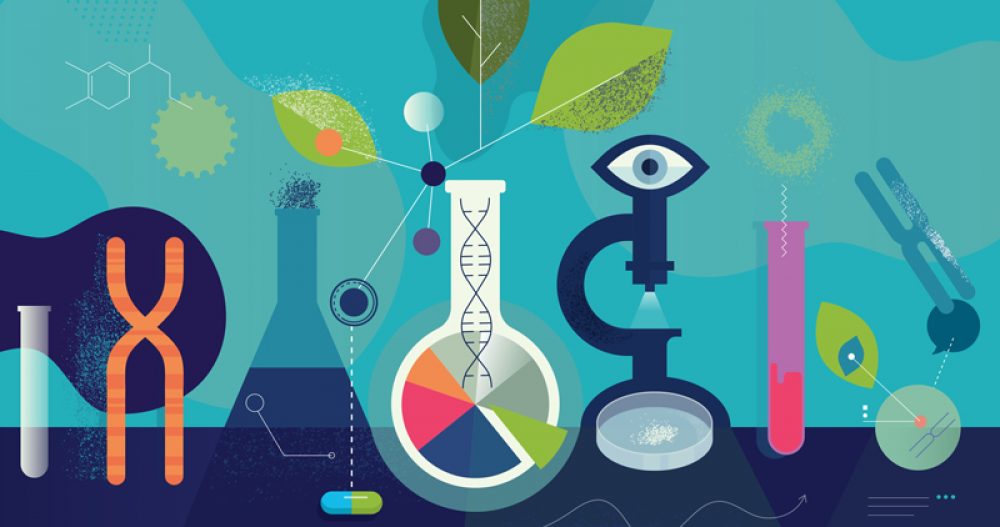With recruitment shortages and issues of representation still dogging the STEM professions, Louise Archer looks at the interventions most likely to have an impact
Students say they learn interesting things in science and think that scientists do valuable work, but very few want to pursue careers in science or engineering.
Over the past ten years, the mixed-methods ASPIRES study at UCL has been investigating science and career aspirations, following a cohort of young people from age 10 to 19. The study is informed by more than 650 interviews with students and their parents, and more than 40,000 surveys with young people.
Our research has revealed that these aspirations are relatively stable over time. That is, similar percentages of students we surveyed at age 10-11 who said they would like to be engineers or scientists would still like to be engineers or scientists by age 17 or 18. We also found a considerable gap between interest and aspiration – while 73 per cent of young people at age 10 and 11 and 86 per cent of those aged 17 and 18 agreed that they learn interesting things in science, only 16 per cent of 10 to 11-year-olds (and 12 per cent of 17 to 18-year-olds) aspired to a career in a related field.
In recent years, we’ve been able to identify several key factors that shape young people’s science identities and aspirations. The factors are complex and multiple and can be grouped into three key areas – capital-related inequalities; educational factors and practices; and dominant educational and social representations of science.
Aspirations are relatively stable over time
Capital-related inequalities include the impact that “science capital” has on the extent to which a young person experiences science as being “for me” or not. Science capital can be thought of as a conceptual holdall that encompasses all of a person’s science-related knowledge, attitudes, interests, participation outside of school and science-related social contacts and networks.
Evidence shows that the more science capital a young person has, the more likely they are to aspire to and continue with science post-16 and the greater the likelihood that they will identify as a “science person”.
Teachers, careers education and school gatekeeping practices also have a big impact on young people’s science identity and trajectories. For example, restrictive entry to the most prestigious routes such as “triple science” at GCSE means that even many interested young people can find it difficult to continue with science.
And when it comes to educational and social representations, associations of science with “cleverness” and masculinity have also been found to restrict and narrow the likelihood of a young person identifying and continuing with science post-16. These stereotypes impact particularly negatively on female students, students from lower income backgrounds and some minority ethnic communities. While they impact on all the sciences, they are a particular issue in physics.
Based on the study’s findings, we have a number of recommendations for changes to education policy and practice. For instance, rather than just inspiring and informing, interventions can be more effective when they are longer term and focus on building science capital. In particular, changing everyday science teaching practice has a far greater positive impact on young people’s engagement with science compared with trying to change young people’s minds about science. Interested teachers and schools can access free resources, including the science capital teaching approach, by contacting us at the addresses below.
Our work is ongoing, but we already have a wide range of articles and resources to share. If you’d like to download any of the ASPIRES reports, or find out more about our research, please get in touch with us.
You can contact the ASPIRES project team on twitter via @ASPIRESscience or by email at aspires@ucl.ac.uk













Your thoughts